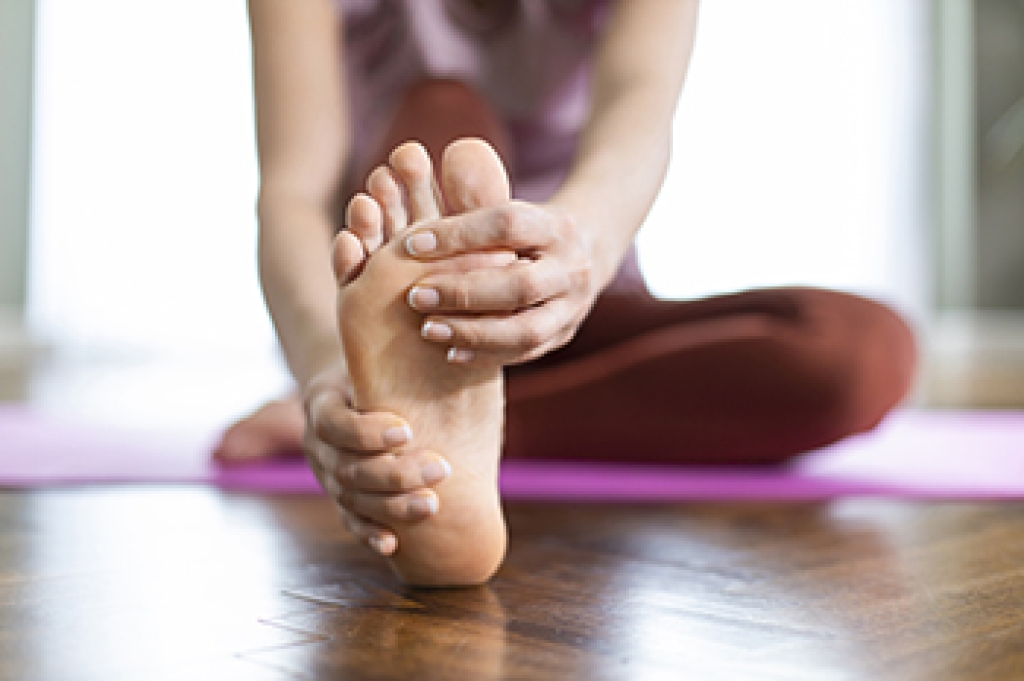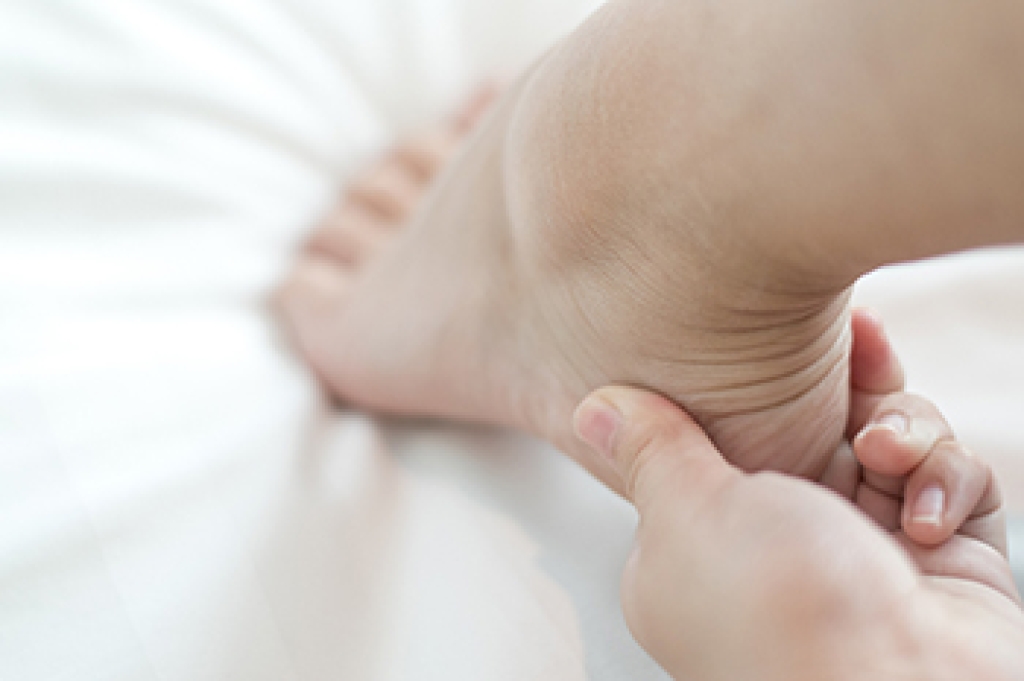
Although the toes are small parts of the body, they play a critical role in supporting the body. Also, toe pain can have big consequences and be an annoyance for patients. One potential source of toe pain is a condition known as lupus. Lupus is a condition that causes the immune system to attack its own tissues. Lupus patients might experience toe pain, swelling, or numbness. Importantly, this pain and these symptoms in the toes, do not necessarily go away when the patient is at rest. Therefore, even when sleeping, a lupus patient might experience this toe pain. If you are someone that is currently living with toe pain for any reason, it is suggested that you schedule an appointment with a podiatrist today. This foot specialist will be able to provide guidance and any treatment that may be necessary.
Toe pain can disrupt your daily activities. If you have any concerns, contact Bill Brown, DPM of Brown Podiatry. Our doctor can provide the care you need to keep you pain-free and on your feet.
What Causes Toe Pain?
Most severe toe pain is caused due to a sports injury, trauma from dropping something heavy on the toe, or bumping into something rigid. Other problems can develop over time for various reasons.
Toe pain can be caused by one or more ailments. The most common include:
- Trauma
- Sports injury
- Wearing shoes that are too tight
- Arthritis
- Gout
- Corns and calluses
- Hammertoe
- Bunions
- Blisters
- Ingrown toenails
- Sprains
- Fractures (broken bones)
- Dislocations
When to See a Podiatrist
- Severe pain
- Persistent pain that lasts more than a week
- Signs of infection
- Continued swelling
- Pain that prevents walking
Diagnosis
In many cases the cause of toe pain is obvious, but in others, a podiatrist may want to use more advanced methods to determine the problem. These can range from simple visual inspections and sensation tests to X-rays and MRI scans. Prior medical history, family medical history, and any recent physical traumatic events will all be taken into consideration for a proper diagnosis.
Treatment
Treatments for toe pain and injuries vary and may include shoe inserts, padding, taping, medicines, injections, and in some cases, surgery. If you believe that you have broken a toe, please see a podiatrist as soon as possible.
If you have any questions please contact our office located in Scranton, PA . We offer the newest diagnostic and treatment technologies for all your foot and ankle needs.




